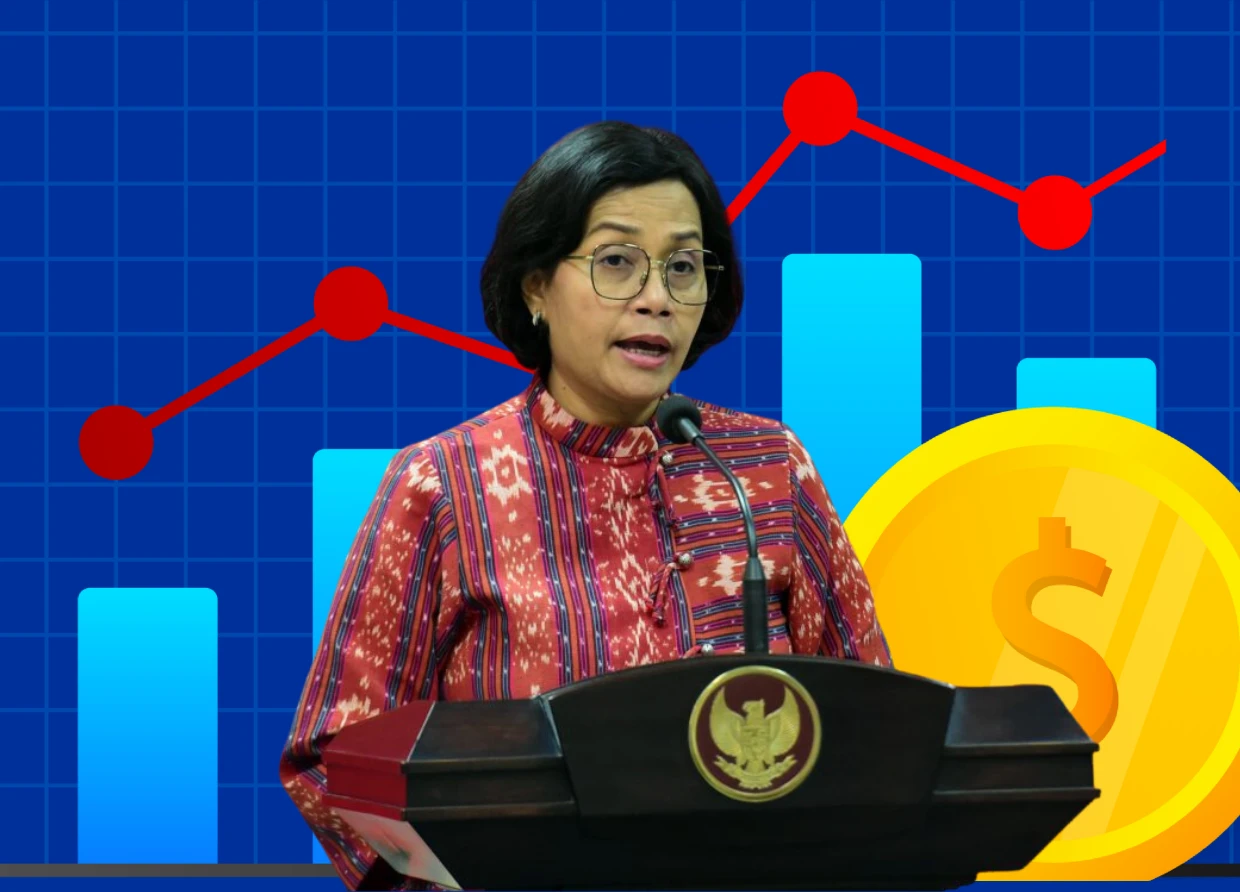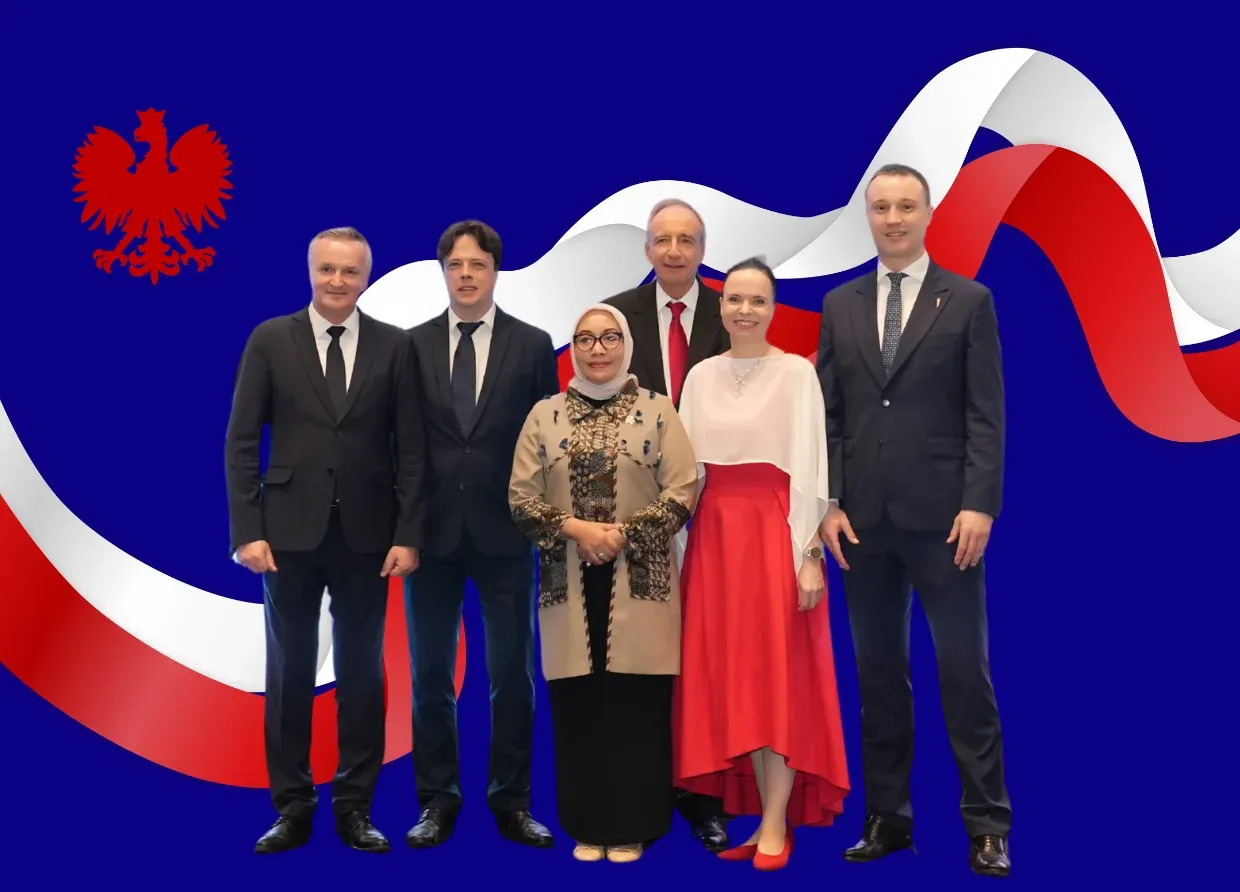INDONESIA’S ECONOMIC GROWTH STRONG, BUT MORE NEEDED FOR HIGH-INCOME STATUS, WARNS FINANCE MINISTER
Finance Minister Calls for Greater Investment in Human Capital as Incoming Administration Prepares to Continue Economic Reforms

As Indonesia positions itself as one of Asia's emerging economic success stories, Finance Minister Sri Mulyani Indrawati has issued a warning: the country's impressive 5% annual GDP growth, while higher than the global average of 2%, is still insufficient to propel Indonesia into the ranks of high-income nations.
Speaking in a recent interview with CNBC’s “Squawk Box Asia,” Indrawati highlighted that despite the country's sustained growth, achieving the ambitious goals of Indonesia’s “Golden Vision 2045” will require a significant investment in human capital and productivity. The 2045 vision, which aims to celebrate the nation’s 100th anniversary with a high-wage skilled workforce and a drastic reduction in poverty, is at the center of Indonesia’s long-term strategy.
“To continue our journey as a middle-income country aspiring to be a high-income country, we have to invest more in human capital,” Indrawati said, underscoring the importance of education, healthcare, and social safety nets.
The incoming administration, led by President-elect Prabowo Subianto, is set to take office in October. Subianto has promised to continue the push for economic reforms initiated by outgoing President Joko Widodo. These reforms, which include easing labor regulations and improving land use rights, have been pivotal in making progress toward Indonesia’s economic goals.
The Challenges of Avoiding the Middle-Income Trap
One of the primary concerns for the new administration will be avoiding the “middle-income trap,” where economies plateau and fail to advance to high-income status. Indrawati believes that key policy reforms and structural adjustments, particularly in infrastructure and institutional reform, will be essential in ensuring Indonesia does not stagnate.
“A lot of government efforts, including our fiscal budget, are allocated significantly for education, health, and the social safety net,” the finance minister emphasized.
A recent report from the International Monetary Fund (IMF) supports Indrawati’s assessment, stating that achieving high-income status will require broad structural reforms, digital readiness, and balanced, green, and equitable growth.
A Solid Foundation Amid Geopolitical Tensions
Despite geopolitical uncertainties, such as the ongoing conflicts in Ukraine and Gaza, Indonesia’s economic trajectory remains stable. Indrawati stressed the need for Indonesia to remain politically non-aligned while nurturing domestic growth. The finance minister also pointed to opportunities in emerging industries, particularly in the semiconductor and electric vehicle battery sectors, as key areas for future growth.
“A lot of work still needs to be done,” Indrawati cautioned, while acknowledging the progress made despite global disruptions like the Covid-19 pandemic and geopolitical tensions.
Future Prospects for Growth
While Indonesia's growth outlook remains positive, analysts, including Gareth Leather of Capital Economics, caution that the country still faces hurdles, particularly in infrastructure and corruption. Nevertheless, Leather remains optimistic, stating, “Indonesia still does a few things wrong, but they’re heading in the right direction.”
For now, Indonesia’s aspiration to transform into a high-income economy continues under Subianto’s leadership, with reforms in labor laws and social welfare programs already contributing to a significant reduction in poverty. The road ahead may be challenging, but the groundwork laid over the past decade provides a solid foundation for the country’s ambitious future.
#THE S MEDIA #Media Milenial #Indonesia #economy #GDP growth #Finance Minister #Sri Mulyani Indrawati #high-income nation #Golden Vision 2045 #human capital #economic reforms #Prabowo Subianto #middle-income trap #IMF #labor regulations #infrastructure #geopolitical tensions #poverty reduction #digital economy #electric vehicles #social safety nets

























